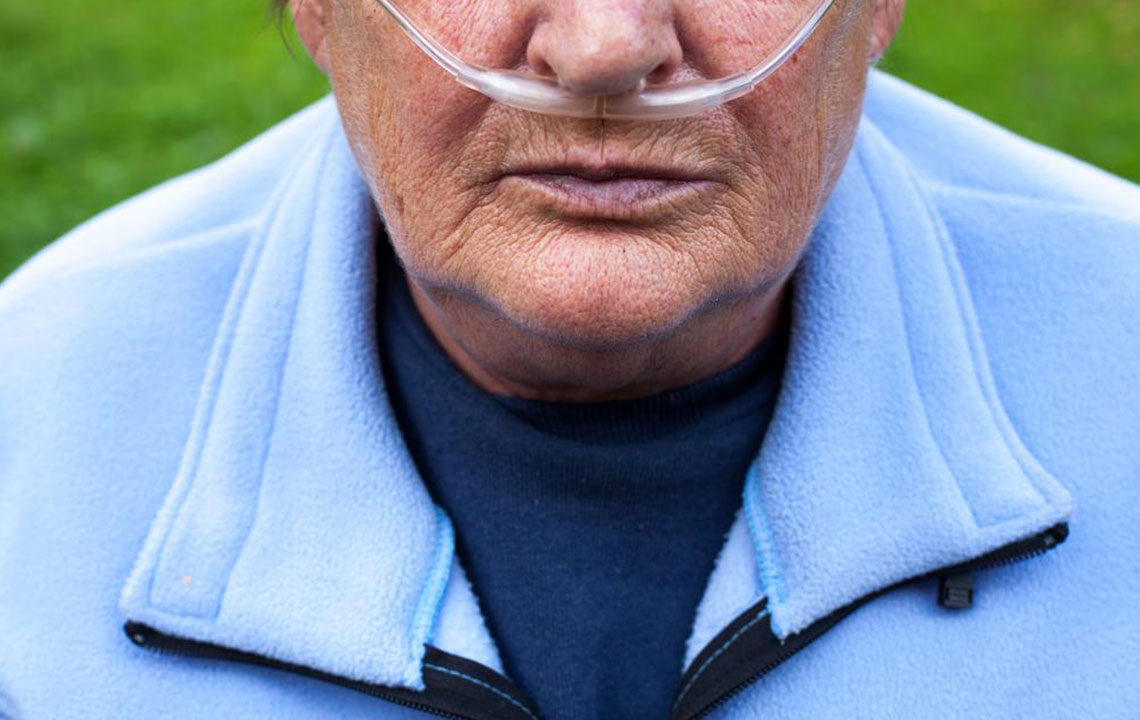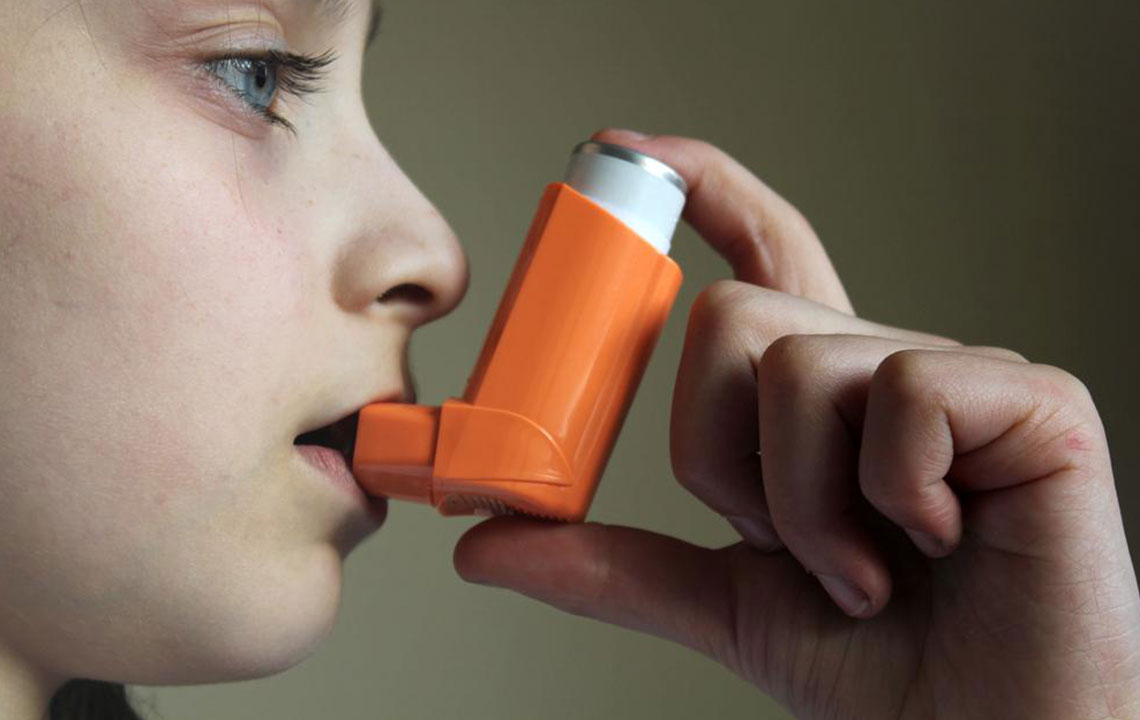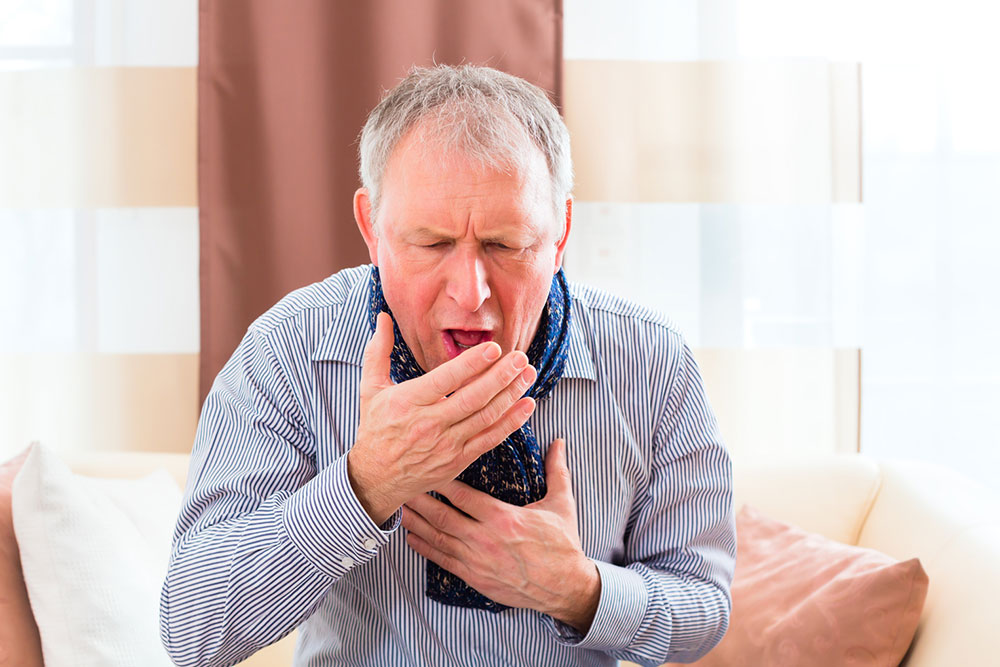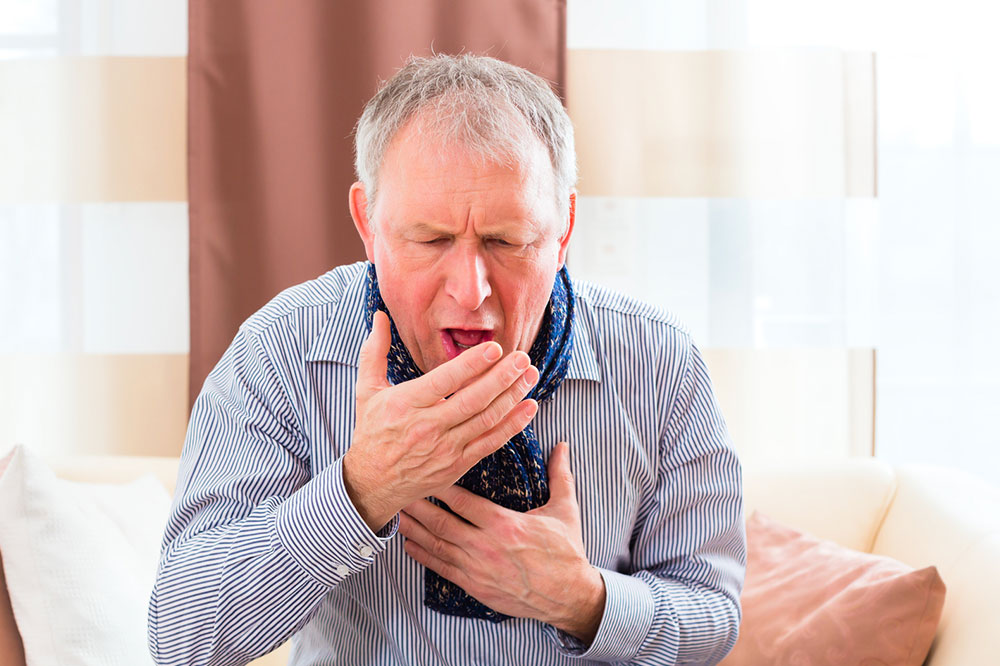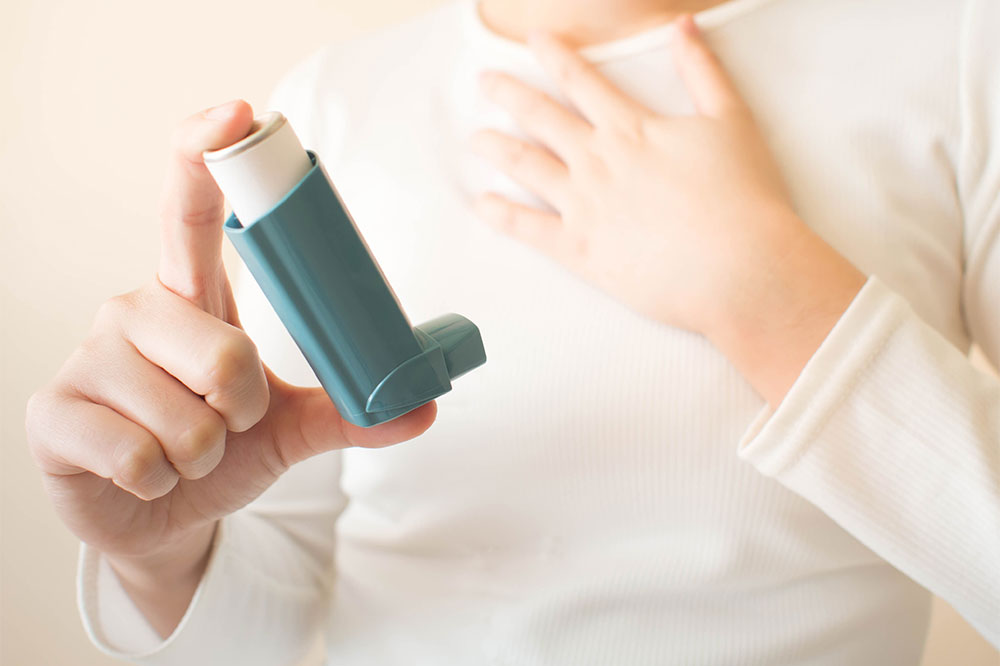Essential Lifestyle Tips to Manage COPD Effectively
Learn effective lifestyle modifications to better manage COPD symptoms. Quitting smoking, practicing breathing exercises, avoiding triggers, exercising appropriately, and ensuring good sleep can all improve your respiratory health and quality of life. Consult your healthcare provider for personalized strategies to control COPD.

Essential Lifestyle Tips to Manage COPD Effectively
Making small but impactful changes to your daily routine can significantly improve COPD management. Here’s what you should know.
Chronic obstructive pulmonary disease (COPD) is a progressive lung disorder that hampers breathing by obstructing airflow. It often develops from prolonged exposure to pollutants such as dust, fumes, chemicals, or cigarette smoke. Common signs include persistent coughing, wheezing, chest tightness, reduced energy, and shortness of breath during activity. People with COPD are also at higher risk for conditions like heart disease and lung cancer.
Fortunately, COPD can be managed effectively with appropriate treatments and lifestyle adjustments. Besides medical care, adopting certain habits can ease breathing and reduce symptoms. Here are suggested lifestyle changes to help you breathe easier and improve quality of life.
Stop Smoking
Since smoking is a primary cause of COPD, quitting can halt further lung damage. Although existing damage is irreversible, refraining from smoking prevents future harm, leading to easier breathing over time. Quitting also benefits overall health and speeds recovery.
Master Breathing Techniques
Difficulty in breathing is a hallmark of COPD. Engaging in specific exercises like pursed-lip breathing, diaphragmatic breathing, or aerobic activities can strengthen respiratory muscles. Learning and practicing these routines can make daily tasks less strenuous and boost lung capacity.
Avoid Environmental Triggers
Identify and steer clear of elements that worsen symptoms, such as cigarette smoke (including passive exposure), dust, fumes, and pollutants. Limit exposure to sick individuals and crowded places to lower infection risk. Keeping your living space dust-free and using air filters can also help maintain healthy air quality indoors.
Stay Active
While it may seem counterintuitive, regular gentle exercise can improve your stamina and immune response, making COPD symptoms easier to manage. Consult with healthcare professionals to develop a tailored exercise plan, starting slowly and paying attention to your body’s limits.
Prioritize Quality Sleep
Good sleep supports overall health and can mitigate COPD complications. Sleep disturbances like sleep apnea often coexist with COPD, worsening symptoms. Enhancing sleep quality through relaxation techniques such as meditation or yoga, and seeking medical advice for sleep issues, can significantly lessen fatigue and improve your mood.
Note: The information provided is for general educational purposes. Consult healthcare providers for personalized advice. The website’s content is based on research but should not replace professional medical guidance. We do not assume responsibility for differences or inaccuracies in other sources or available offers.

